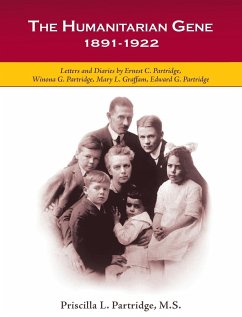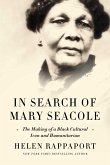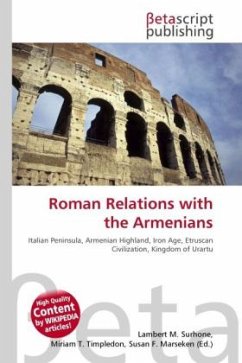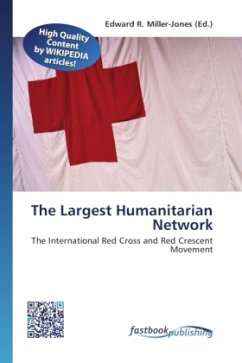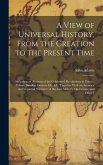From the rocky terrain of northern New York and central Maine, sprang generations of people who believed in the importance of education, hard work, self-reliance, and social consciousness and who acted on these values. "The Humanitarian Gene" explores the inherited values of humanitarianism, social consciousness, and the importance of education that appear and reappear in succeeding generations of two New York and New England families that joined at Oberlin College in the 1890's. Reverend Ernest C. Partridge (Andover Theological Seminary 1898) and two sisters, Winona and Mary Graffam, graduated from Oberlin College and embarked on lifetime endeavors as educational missionaries with the American Board of Commissioners of Foreign Missions at the beginning of the 20th Century. These three individuals dedicated their lives to the Armenian people of Sivas (Sebastia), Turkey. The personal writings of father and son, Ernest and Edward, and the sisters, Winona Graffam Partridge and Mary L. Graffam, span the years 1891 to 1922 and are presented in "The Humanitarian Gene." Ernest focuses on his national and worldwide efforts to assist the Armenian people after the First World War including his work with the Near East Relief. The diary of pre-teen Edward shares the family, missionary, and community life in the 18 months prior to the deportation of Armenians from Sivas. Winona's college letters display her youthful exuberance, interest in clothes, and a missionary ambition that sent her to Macon, Georgia with the American Missionary Association. Her later diaries chronicle her dedication to her family and community while her husband fulfilled their humanitarian goals worldwide. Winona's diaries provide insight into the cultural and societal changes of the World War I period (washing machines, telephone, automobiles, movies) and hold appeal to those interested in the Oberlin Community and Oberlin College events, fellow missionary families, and beloved Armenian friends.
Hinweis: Dieser Artikel kann nur an eine deutsche Lieferadresse ausgeliefert werden.
Hinweis: Dieser Artikel kann nur an eine deutsche Lieferadresse ausgeliefert werden.

